Hybrid Transmission Conditions for the Schwarz Domain Decomposition Method in Accelerator Components
Please login to view abstract download link
Finite element non-overlapping Domain Decomposition Methods (DDMs) based on the Schwarz method are promising iterative techniques for solving large-scale electromagnetic wave problems in the frequency domain. The convergence of these methods is highly influenced by the transmission conditions (TCs) applied between subdomains. Conventional TCs [1,2], typically based on free-space open boundary conditions, encounter significant challenges in guided wave problems, such as those found in accelerator components. Lower-order variants suffer from slow convergence, while higher-order variants and TCs based on rational approximations require the solution of auxiliary problems. The modal TC (MTC) [3] offers superior convergence by accurately accounting for the physics of waves traveling across interfaces and eliminates the need to solve auxiliary problems. However, a drawback of this approach is the potentially large number of modes that must be considered on fine meshes. To address this, we propose a hybrid transmission condition (HTC) that combines the MTC and free-space TCs, retaining the advantages of both: only a limited number of modes need to be considered explicitly, while achieving significantly faster convergence than free-space TCs. We demonstrate the effectiveness of this method by computing the beam coupling impedance of large-scale accelerator components, such as a TESLA cavity. The proposed technique enables efficient distributed computations using high-performance computing resources. REFERENCES [1] Rodriguez, A. A., & Gerardo-Giorda, L. (2006). New nonoverlapping domain decomposition methods for the harmonic Maxwell system. SIAM Journal on Scientific Computing, 28(1), 102-122. [2] Antoine, X., & Geuzaine, C. (2017). Optimized Schwarz domain decomposition methods for scalar and vector Helmholtz equations. Modern solvers for Helmholtz problems, 189-213. [3] Gjonaj, E., Quetscher, F., De Gersem, H., Chae, Y. C. (2024) Impedance computation for large accelerator structures using a domain decomposition method. IPAC2024

